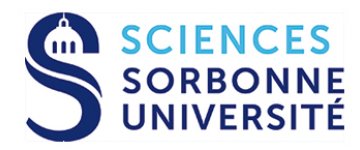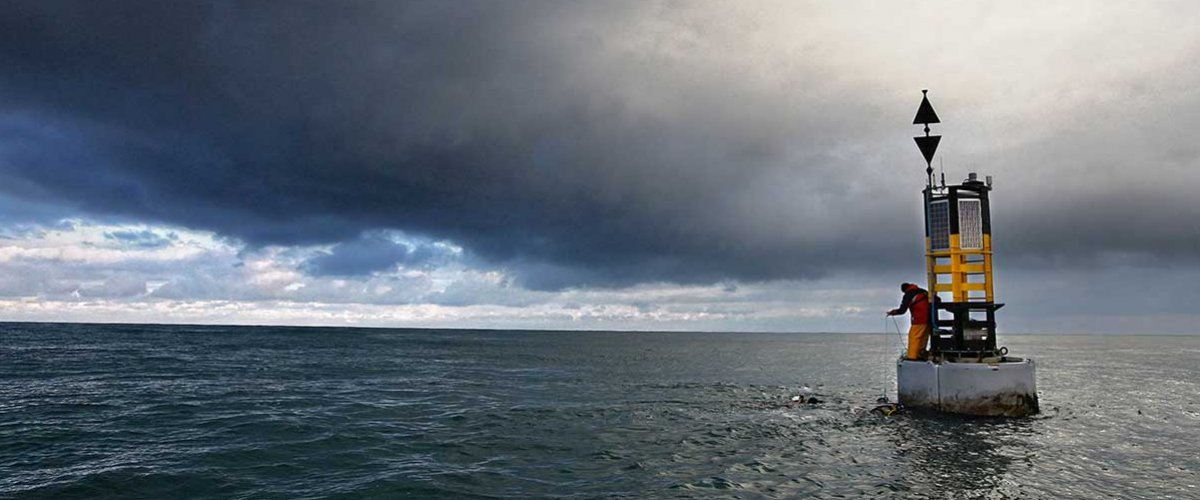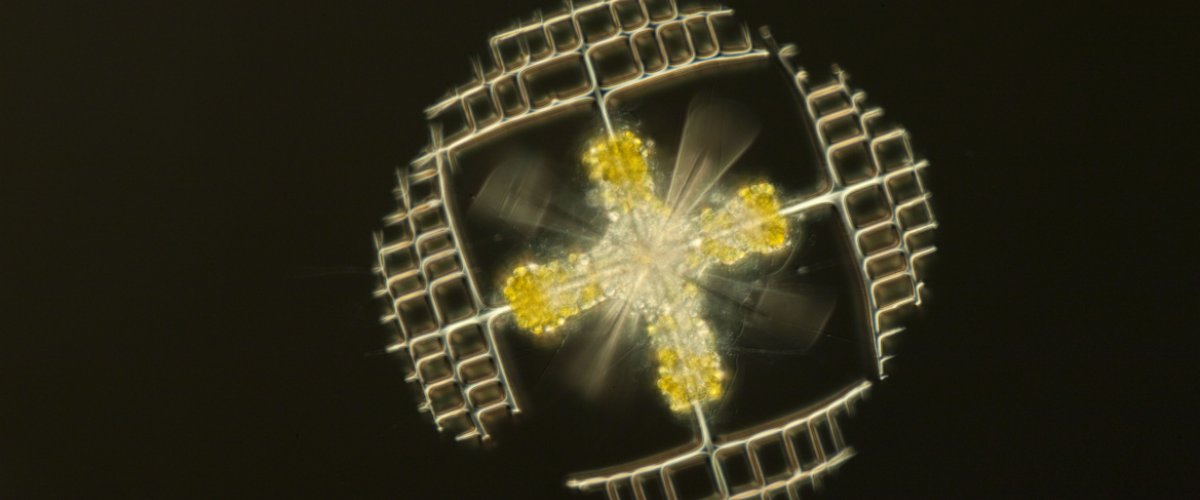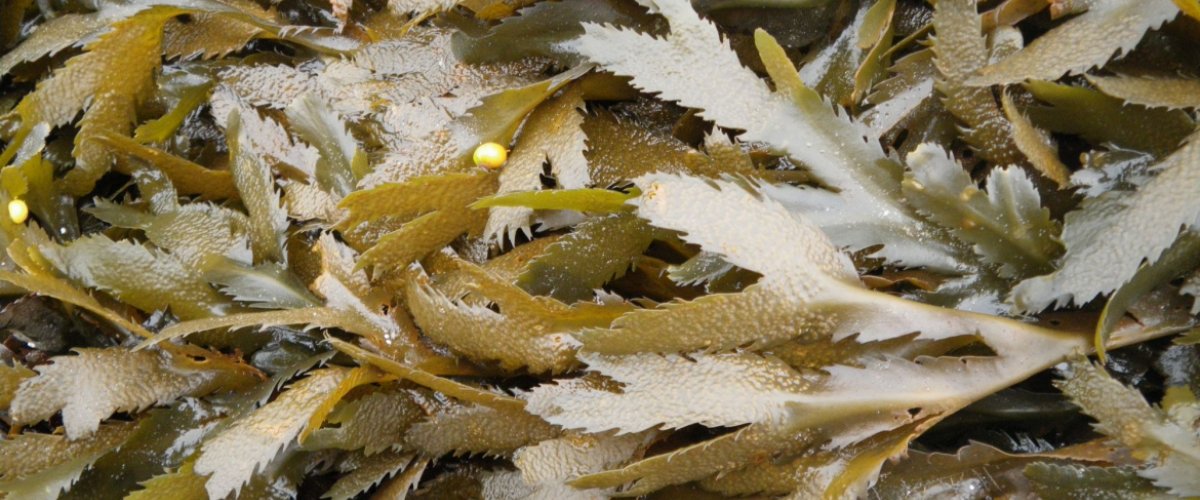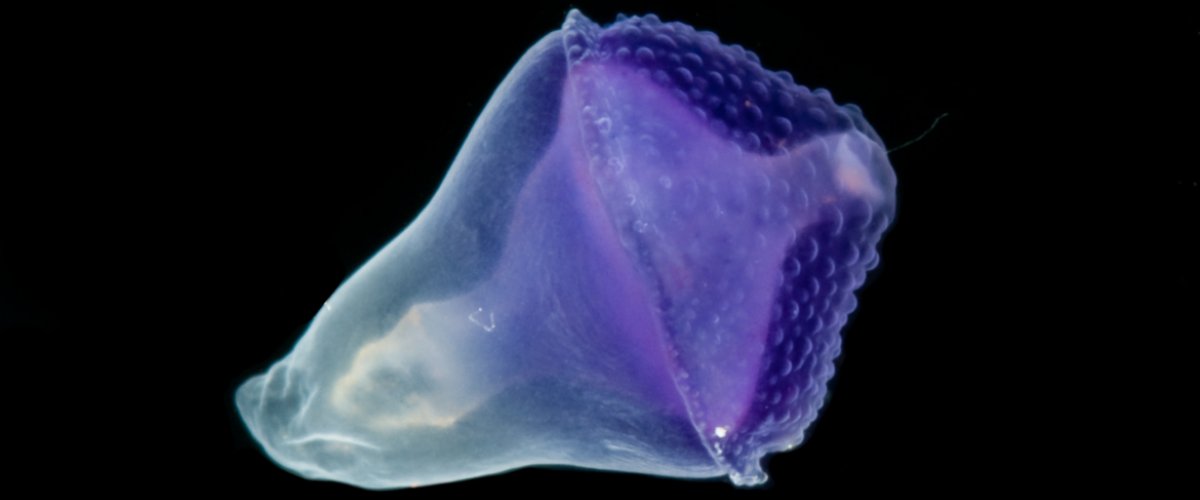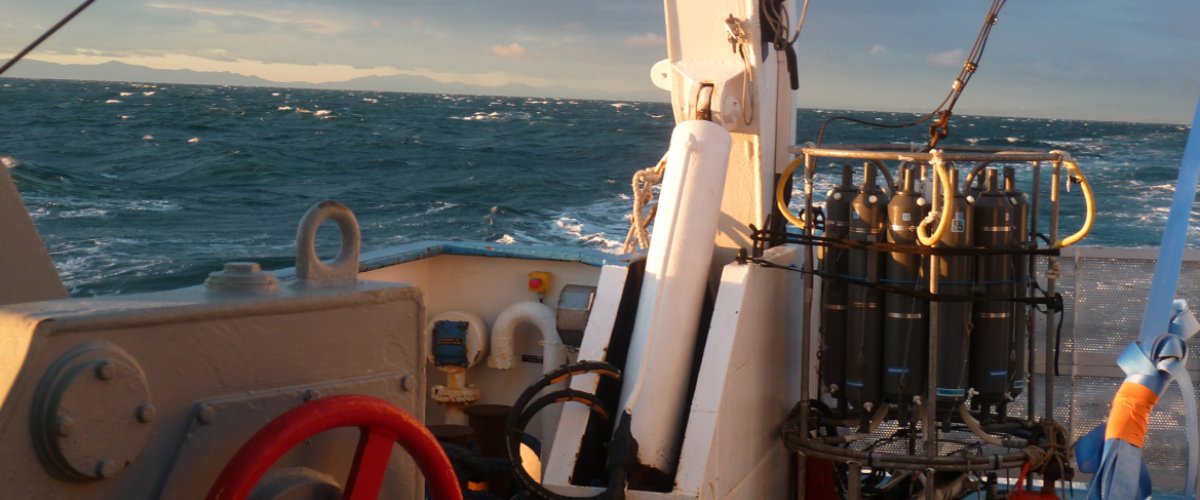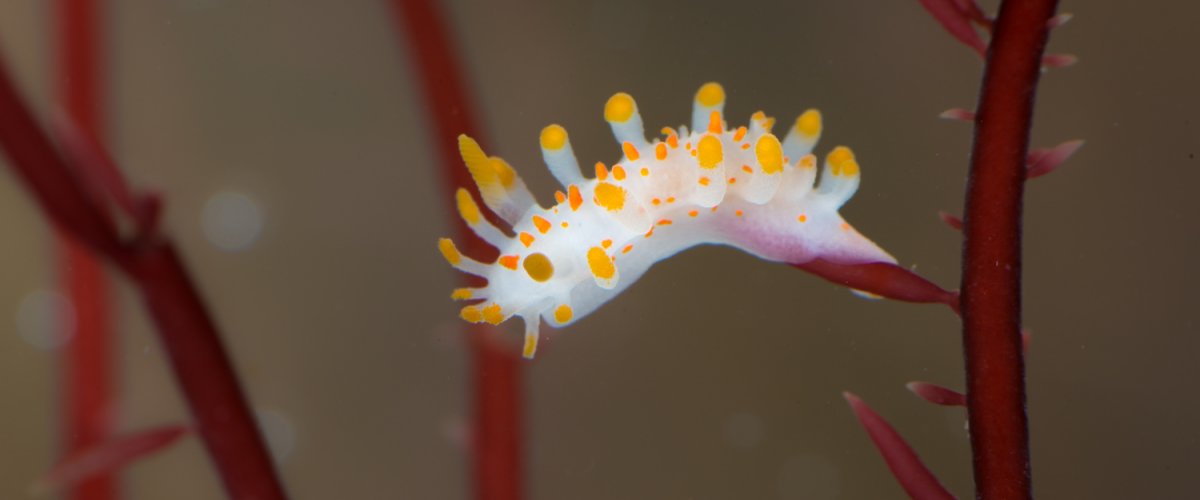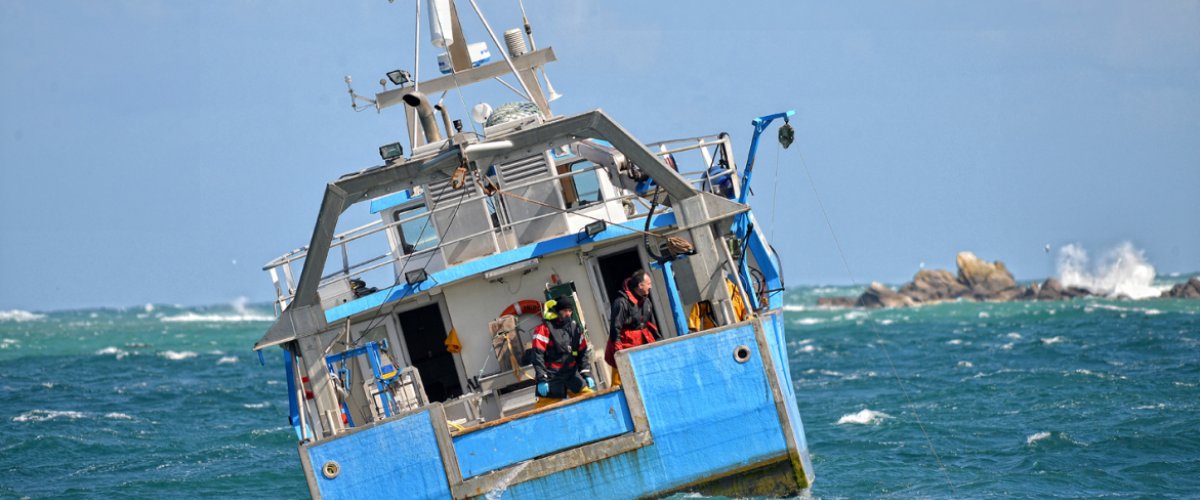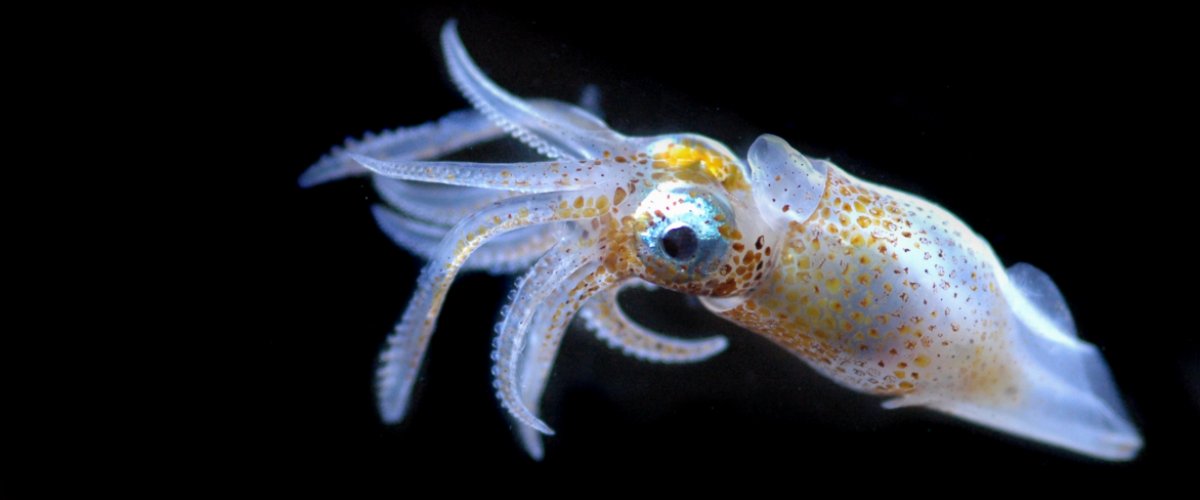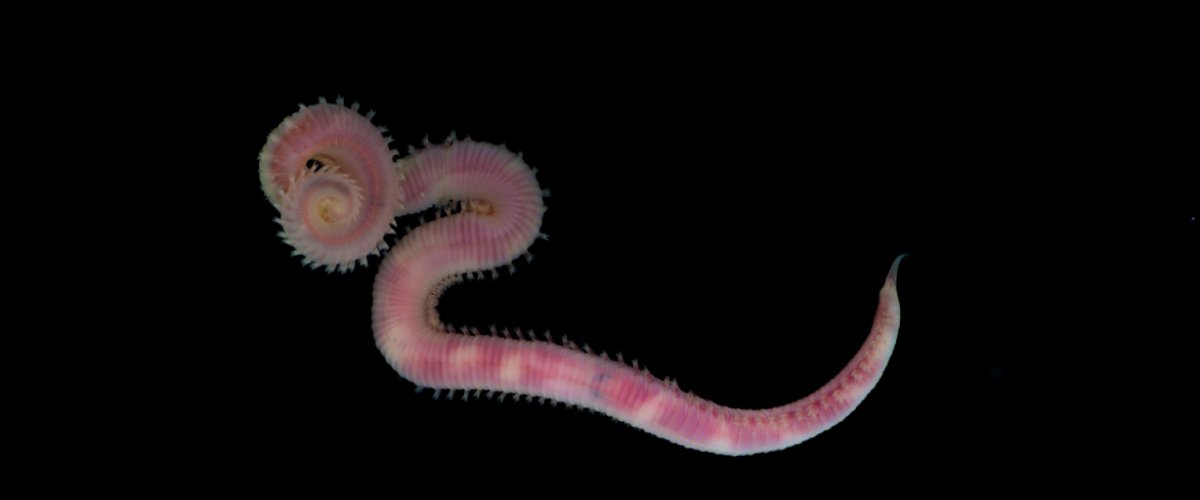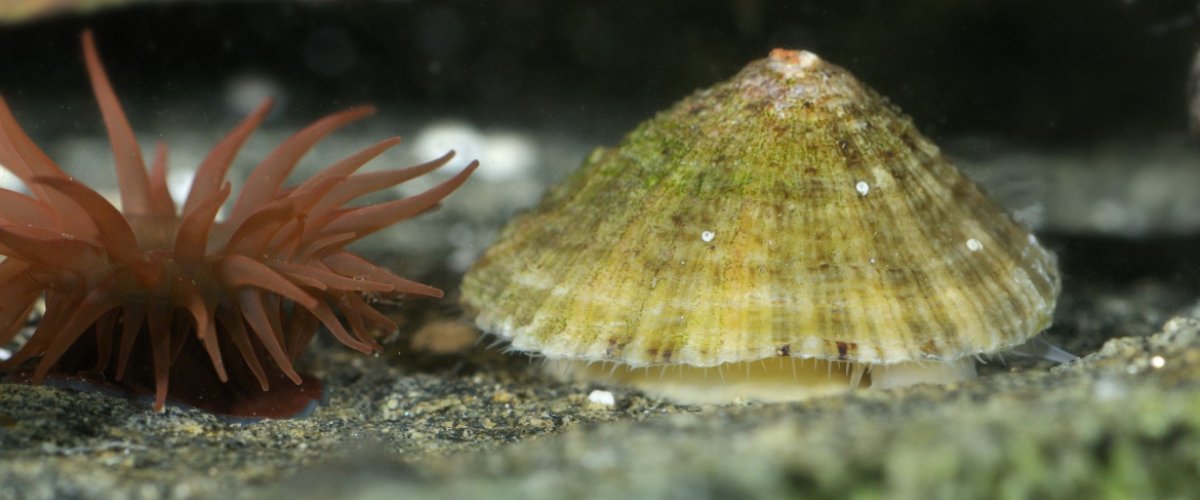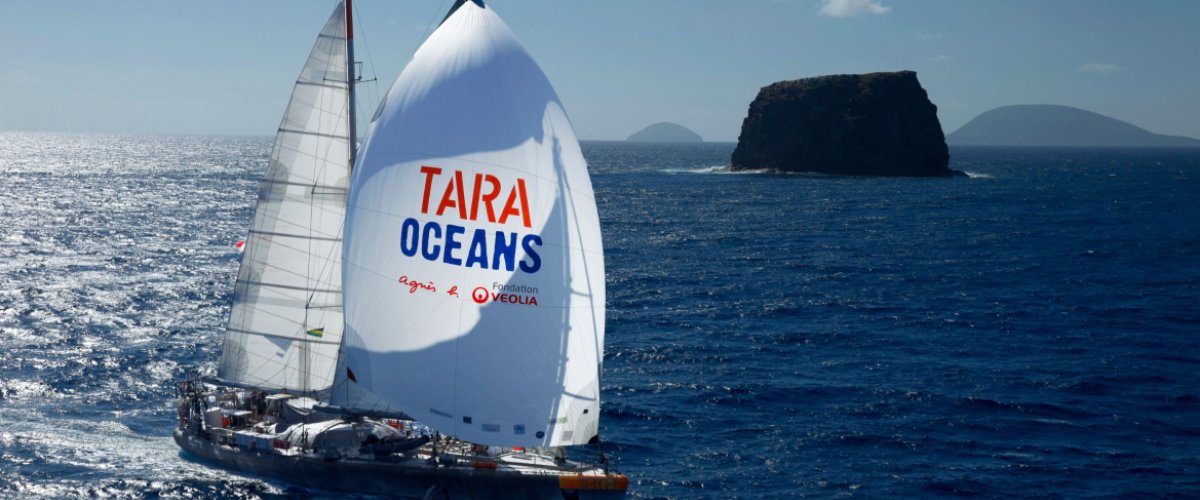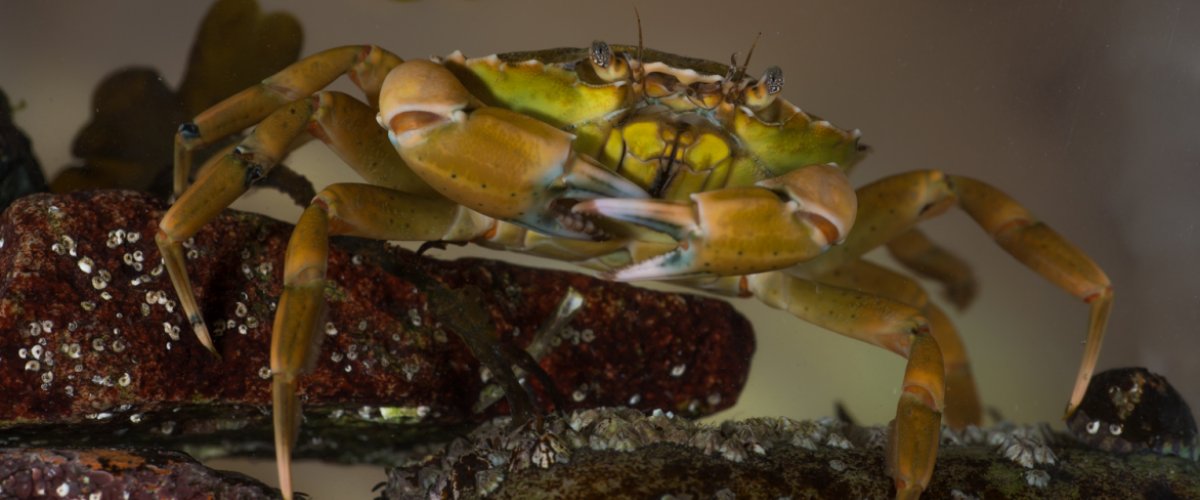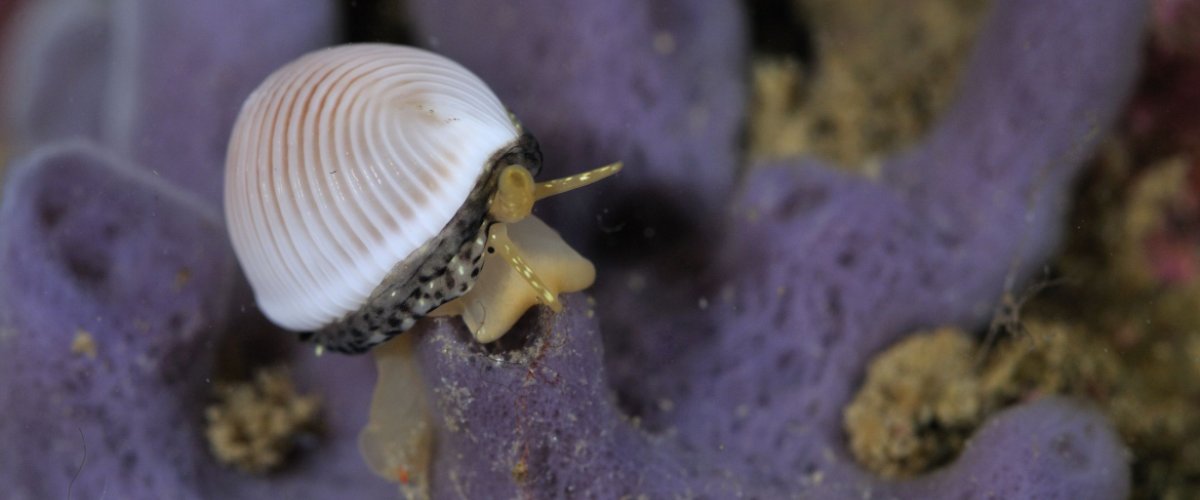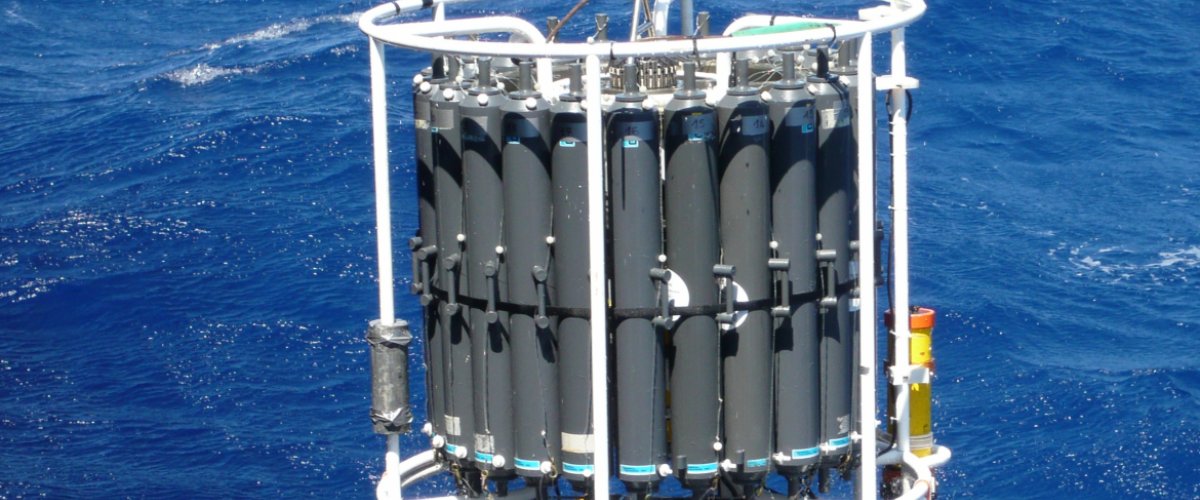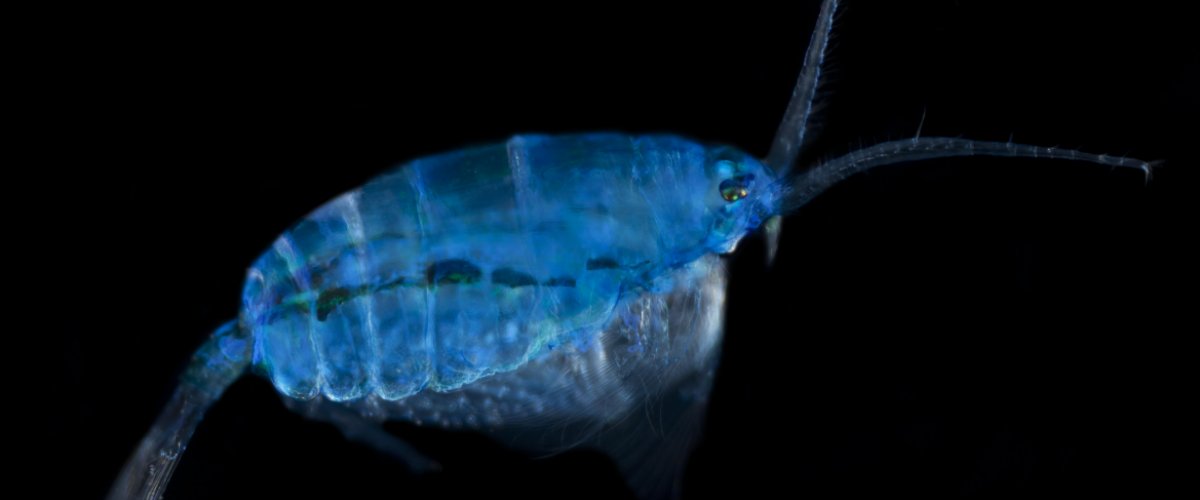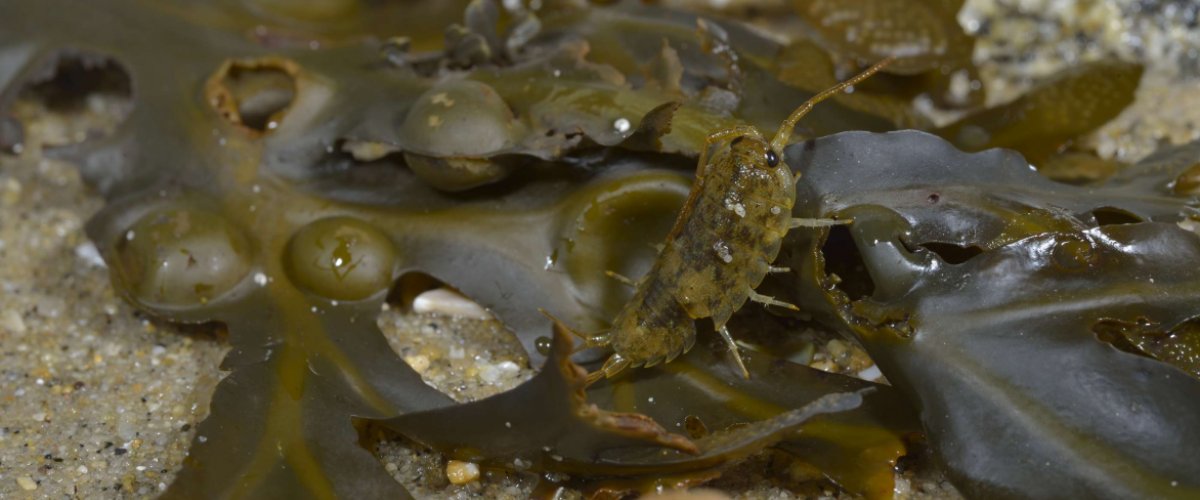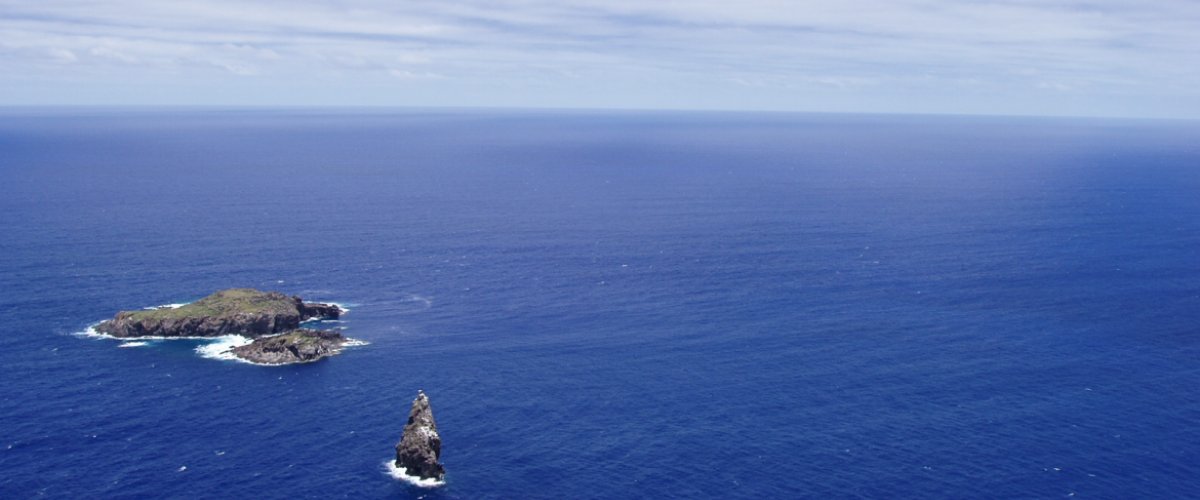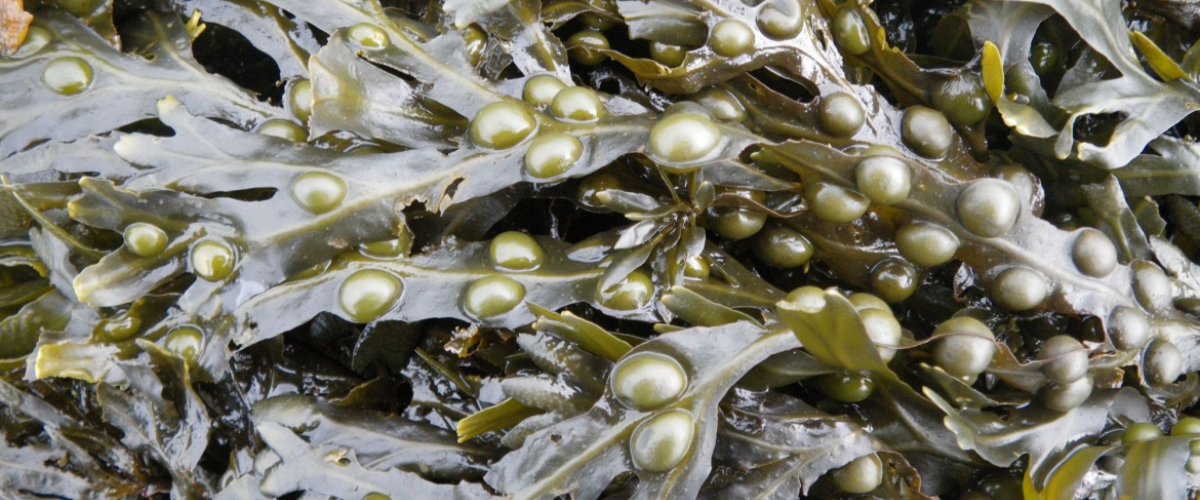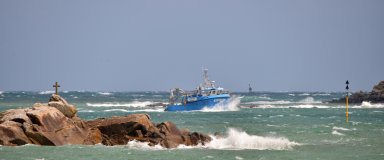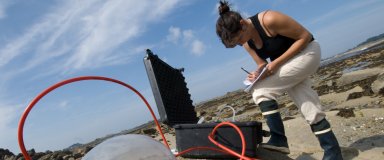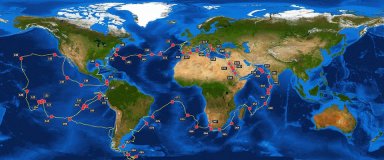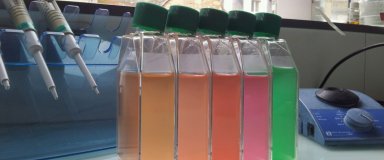Scientific activities
Ecology, evolution and environment constitute the triad of research at the Adaptation and Diversity in the Marine Environment (AD2M) research department
Main objective of the department is to study the populations, species and communities that populate the worlds’ seas and oceans to understand their functioning, their diversity and their fate.
Created in 2005, the research departement UMR 7144 AD2M includes 3 research teams affiliated with the CNRS Institute of Ecology and Environment (INEE) and the UPMC Living Earth and Environment division.
THE DIVERSITY OF LIFE: FROM OBSERVATION TO MECHANISMS
What species populate the seas? How many are there? How do they share marine space? How do they adapt to the environment and to the species with which they interact? These questions are at the heart of the research conducted in the AD2M research unit, and constitute the core issues in current research in marine environments, a poorly studied realm of life.
To understand the function and evolution of marine ecosystems, the taxa have first to be identified. This requires, for instance, research on the diversity of plankton, engendering description of new lineages, or molecular studies uncovering cryptic species.
Once the taxa have been identified, a network of interactions can be established through studies on viruses and symbioses, the food chain in the kelp forest, the evolutionary mechanisms that facilitate the introduction of exotic species or the mechanisms of adaptation to extreme environments, polar or hydrothermal.
RESPONSE OF MARINE SYSTEMS: FROM MEASUREMENTS TO PREDICTION IN A CHANGING WORLD
Climate change, ocean acidification, coastal urbanisation, introduction of exotic species, etc. are all threats to the functioning of marine ecosystems. The study of disturbance is an integral part of research conducted, for instance on the physiological response of photosynthetic bacteria to variation in environmental factors, the calcification of organisms in response to global change, the identification and monitoring of invasive species, or the effects of harvesting the kelp forest, to name a few examples. Understanding the responses of these ecosystems and their populations requires an integrative approach. The study of fluxes at different scales illustrates this approach: biogeochemistry and analysis of food webs for the flow of nutrients and energy, modelling of larval dispersal for the flow of individuals and the permeability of genomes for gene flow. AD2M elucidates the major biogeochemical cycles alongside the study of living organisms and their responses to change.
FIELD SITES AND MODUS OPERANDI
AD2M conducts research across all horizons, from the coastal zone to the middle of the ocean, from the sea surface to abyssal depths, from the Celtic Sea to the Austral Ocean. This research requires oceanographic vessels and scientific diving missions in coastal areas, and specific sampling and analysis equipment, from the autonomous sensor to the remote-controlled submersible. The research effort then continues in the laboratory where samples and data are examined using the most modern tools, from high-throughput computing to next generation sequencers for the study of genomes.
COMMUNICATING, ADVISING AND TEACHING
As marine ecosystem experts, the unit’s staff are involved in the activities of the Roscoff Observatory for the long-term monitoring of the local coastal environment. It also plays an advisory role for local government authorities and other public sectors in regard to the management of the marine environment (Marine Protected Areas Agency, the Iroise Marine Park, etc.) and the use of marine resources (government ministries). Moreover, research is conducted in partnership with the private sector (Idealg, Oceanomics).
With its high number of research lecturers, the unit coordinates many undergraduate and graduate courses. In the diffusion of knowledge, AD2M also actively participates in scientific outreach for the general public, always enraptured by the marine environment
